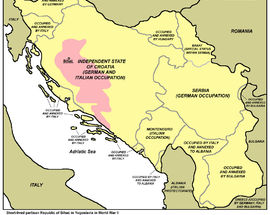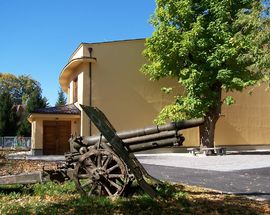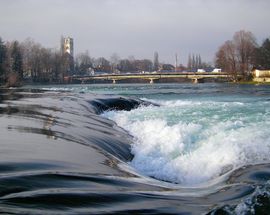The Birth of Socialist Yugoslavia: The Bihać Republic
more than a year agoThe Partisans were in the ascendancy as the summer of 1942 went on, getting more and more organised as their rivals fell prey to division and inefficiency. Tito and his men easily overpowered a number of Axis garrisons in Western Bosnia and Croatia, carving out a little bit of territory that had Bihać at its heart. Tito began to talk of an autonomous republic, and it was a general of his by the name of Kosta Nađ who recommended Bihać as its centre. Tito agreed, and he demanded that the city be conquered by November 5 of 1942, just in time for the 25th anniversary of the communist October Revolution in Russia. Bihać was taken a day earlier than planned, and the Bihać Republic came into being.
Of course, it didn’t last, and by the time December came around the Wehrmacht had already made it a priority to destroy the fledgling republic. That destruction didn’t come until January 29, 1943, but the Partisans were able to evacuate Bihać and leave behind an empty town. It was during the Bihać Republic that post-war Yugoslavia began to take shape. The 1st Session of AVNOJ (Anti-Fascist Council for the National Liberation of Yugoslavia) took place in Bihać on November 26, 1942, and it was here that Federal Yugoslavia was agreed by the six republics that would eventually make up its numbers. Newspapers returned to everyday life, schools re-opened, and the Partisans were also able to court and charm the near 100,000 muslims living in the area, bringing them round to the idea of a socialist Yugoslavia. The Bihać Republic may have lasted only 86 days, but it was hugely influential nonetheless.







Comments